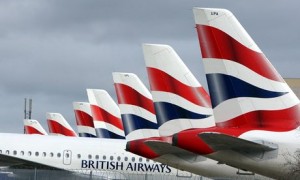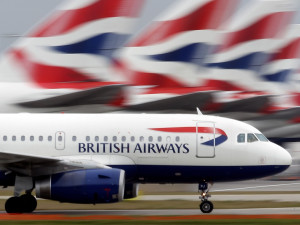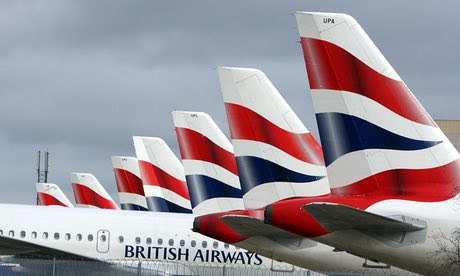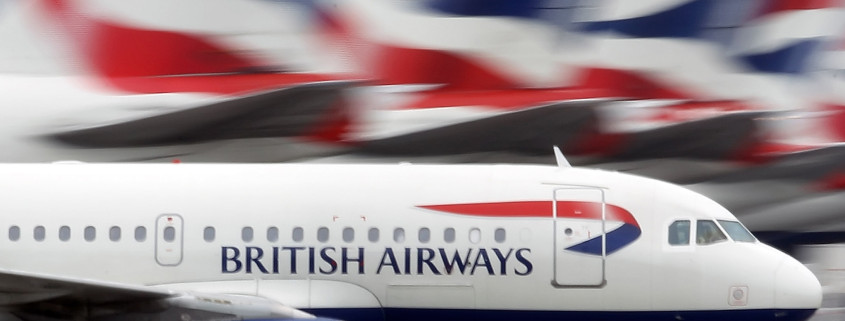British Airways Upgrade to First Class offer is back
UPGRADE TO FIRST
What if you could pay for Club World but enjoy the luxury of First? This unforgettable experience is available for free when you book selected return flights in Club World.
British Airways Upgrade to First campaign launches today, 8th September 2017 and once again includes On Business fares.
Upgrade to First one-way for free when booking an eligible Club World return fare. This is your chance to experience our most luxurious cabin at no extra cost, and you will also continue to earn eligible Avios for this journey if you are an Executive Club member.
Upgrades can be made on either the outbound or the inbound journey (subject to availability) and there is no limit to the number of upgrades that can be taken during the campaign period.
Please see below for campaign dates and conditions:
Eligible fare classes: J, C, D & R classes
Booking period: 8th September – 10th December 2017
Travel period: outbound before 23rd December 2017 (inbound travel must be completed by 31 December 2017)
Speak to your GTM account manager for more information.










